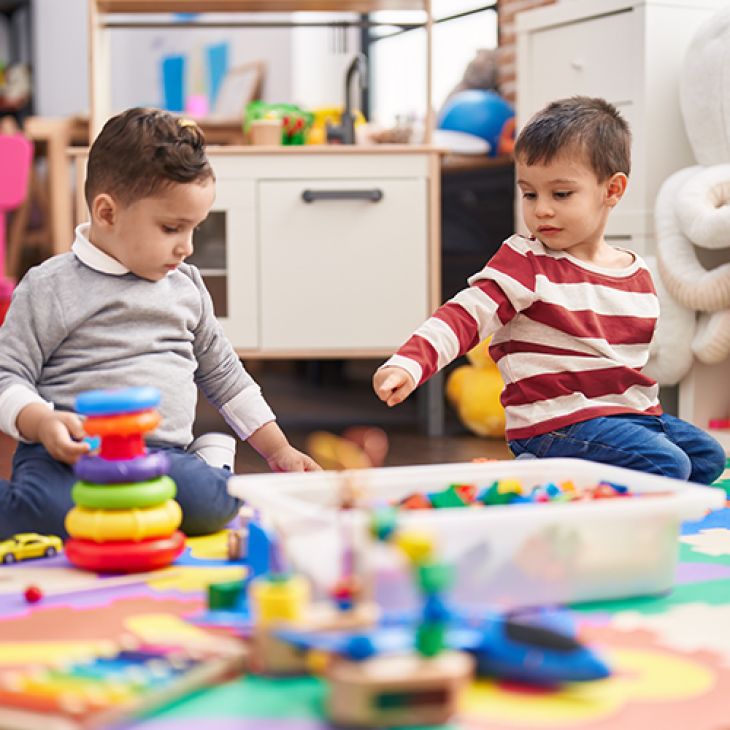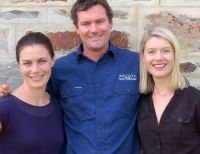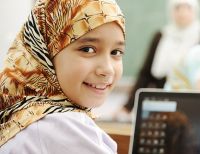13 February 2024
 Early childhood educators need more support to deliver positive outcomes for Australia’s most vulnerable children – including migrant and refugee children – say early childhood experts at the University of South Australia.
Early childhood educators need more support to deliver positive outcomes for Australia’s most vulnerable children – including migrant and refugee children – say early childhood experts at the University of South Australia.
In new research, funded by Salisbury Communities for Children and The Salvation Army, researchers found that childcare workers and educators in informal creche settings also need training to better support non-English speaking children from migrant and refugee backgrounds.
In Australia, more than one in four children (27%) speak more than one language at home. These children have the highest rates of developmental vulnerability in communication skills. About 30% of children aged 0–4 years access informal childcare*.
Lead researcher, Professor Elspeth McInnes says childcare settings with higher proportions of refugee and migrant families must not be excluded from the new government investments.
“All children deserve the best start in life, but migrant and refugee children often find it harder because they come from non-English speaking families and different cultures,” Professor McInnes says.
“When these children enter childcare, they find it difficult to connect, communicate, and play – not only with carers, but also with their peers – which can delay the development of their social and emotional skills.
“The SA government’s new initiative is very much welcomed and needed, but it’s vital that it benefits all vulnerable children.”
In this study, staff and volunteers at community creches received 16 weeks of on-site professional learning from skilled mentors who modelled social and emotional learning development strategies for non-English speaking children.
While childcare workers were already responsive to children’s emotions, the training provided new ways for them to extend children’s emotional literacies and develop strategies to support migrant and refugee children.
The study found that the professional learning sessions were extremely beneficial, not only for workers who said they were more prepared to support multilingual children, but also from children’s families who said that their children were happier attending childcare and were more prepared to start at school.
In the current study, 39.9% of children entering their first year of primary school were learning English as an additional language. In Australia, around a quarter of students start school with English as a second language.
The Australian Early Development Index shows a rising prevalence of vulnerability in children’s social and emotional development in low socio-economic areas where there are high levels of migrant and refugee families with English as second language.
“All children should feel secure and supported as they transition from their parents’ care to childcare, but the need is stronger among those who are more vulnerable,” Prof McInnes says.
“The government’s new support package will help upskill early childhood education and care workers, but it must also embrace providers of short-term community creche care in lower SES areas, where there are higher proportions of refugee and migrant families.
“All carers, educators and volunteers across all childcare services must be properly supported to ensure the best outcomes for developmentally vulnerable children.”
Notes for editors:
* Informal creche childcare is unregulated and includes paid or unpaid childminding services such as community creches for birth to five-year-old children.
…………………………………………………………………………………………………………………………..
Media contact: Annabel Mansfield M: +61 479 182 489 E: [email protected]
Researcher: Professor Elspeth McInnes AM E: [email protected]







